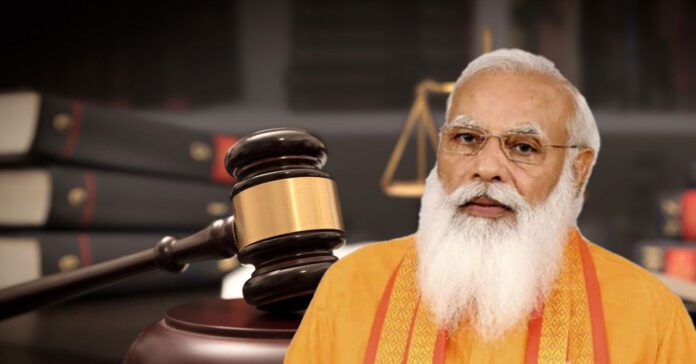Freedom of speech is a fundamental right of every citizen of India. Of late, Young students, activists and journalists were booked under the sedition law. The youth of the country are unable to open their mouth to protest against the policies of the government.
Journalists, have been shamed, threatened and put behind bars. Activists, students and journalists were barred from protesting, lathi-charged and arrested under sedition cases.
After the BJP led government came into power, sedition cases increased like never before. Especially the CAA and the NRC brought in huge protests against the implementation of these bills.
Many students were put behind bars, women with children were punished by not providing basic facilities while protesting.
Petitions in Supreme Court on Sedition Law
The Editors Guild of India and a Retd Major General challenged the sedition law of the India Penal Code (IPC). They filed petitions to raise concern over the “misuse of the law”.
Fortunately, a Supreme Court bench has agreed to look into the petitions of the latter. Impressively, the bench is headed by the newly appointed Chief Justice of India, Mr. N.V. Ramana.
“We want to ask some questions. This is a colonial era law and the same law was used by the British to suppress the freedom movement. It was used by the British to silence Mahatma Gandhi, Gokhale and others.
Is it still necessary to keep this in statue even after 75 years of independence? ”said the Supreme Court bench, in which Justices AS Bopanna and Hrishikesh Roy were there.
The sedition law in India became so common that Swaraj India Chief of Yogendra Yadav was booked under this law for breaking a windshield.
Imam Sharjeel was booked under the sedition law and imprisoned till now for criticizing a political narrative. Many students were imprisoned for years. Despite requests to the Supreme Court, bail was not granted.
CJI questions the Centre
Of late, Chief Justice of India questioned the Centre regarding the sedition law. Though these questions were asked many times, it gained significance after the CJI questioned.
He said, “its colonial law, it was meant to suppress the freedom movement, the same law was used by British to silence Mahatma Gandhi, Tilak etc. Still is it necessary after 78 years of independence?”


